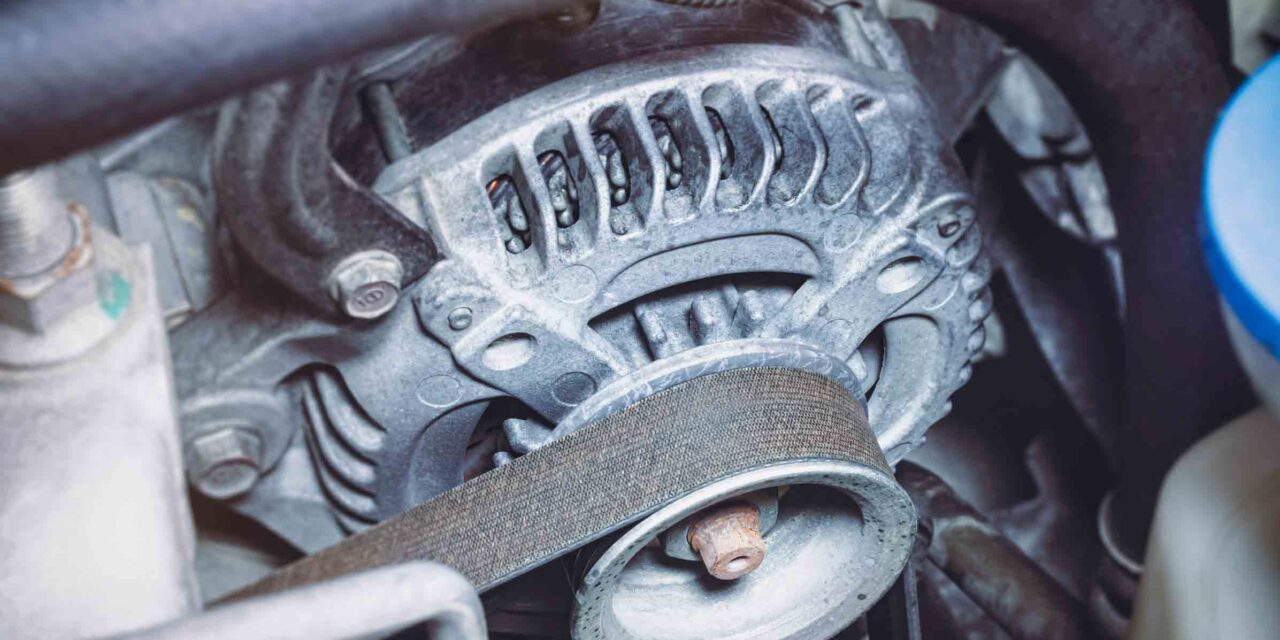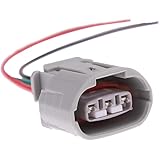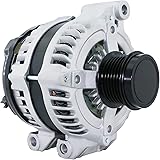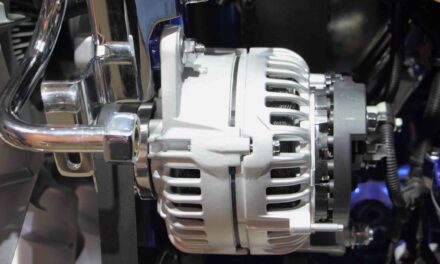The age-old debate for vehicle owners: OEM (Original Equipment Manufacturer) or aftermarket parts? When it comes to alternators, the answer is not always clear-cut. We’ve examined both options to help you make an informed decision.
OEM Alternators:
Definition: OEM parts are made by the same manufacturer that provided the original part for your vehicle.
Pros:
- Perfect Fit: These parts are designed specifically for your car model, ensuring a perfect fit.
- Quality Assurance: They maintain consistent quality since they’re built under strict manufacturer specifications.
- Warranty: Many OEM parts come with a warranty, safeguarding your purchase.
Cons:
- Price: They’re often more expensive than aftermarket parts.
- Limited Selection: Limited to the specifications and designs of the original manufacturer.
Aftermarket Alternators:
Definition: Aftermarket parts are produced by companies other than the original manufacturer and are designed to fit and function as the original part.
Pros:
- Cost-Effective: Generally cheaper than OEM parts.
- Variety: A plethora of brands and designs to choose from.
- Innovations: Some brands offer enhanced features or better performance than the original.
Cons:
- Variable Quality: The quality can vary significantly from one manufacturer to another.
- No Warranty: Some might not come with a warranty.
- Potential Fit Issues: It may not always fit perfectly as an OEM part would.
The decision between OEM and aftermarket alternators boils down to personal preferences, budget, and your vehicle’s specific needs. OEM might be your best choice if you prioritize a guaranteed fit and are willing to pay a premium. However, if you’re looking for a cost-effective solution and are open to exploring different brands with potential enhancements, aftermarket could be the way to go.
Wire Alternator Regulator Plug Harness Lead Repair...
$7.59 (as of May 9, 2024 08:00 GMT +00:00 - More infoProduct prices and availability are accurate as of the date/time indicated and are subject to change. Any price and availability information displayed on [relevant Amazon Site(s), as applicable] at the time of purchase will apply to the purchase of this product.)A-Premium Alternator Compatible with Ford & Lincol...
$89.99 (as of May 9, 2024 06:16 GMT +00:00 - More infoProduct prices and availability are accurate as of the date/time indicated and are subject to change. Any price and availability information displayed on [relevant Amazon Site(s), as applicable] at the time of purchase will apply to the purchase of this product.)Dodge Alternator Replacement New For 2011-2020 Gra...
6% OffACDelco Gold 335-1068 Alternator, Grey
$100.99 (as of May 9, 2024 08:00 GMT +00:00 - More infoProduct prices and availability are accurate as of the date/time indicated and are subject to change. Any price and availability information displayed on [relevant Amazon Site(s), as applicable] at the time of purchase will apply to the purchase of this product.)
Disclaimer: This article is intended for informational purposes only. While every effort has been made to ensure accuracy, always consult a professional mechanic or automotive expert before making any decisions based on this content. Neither the author nor the platform is liable for decisions based on this information.

















